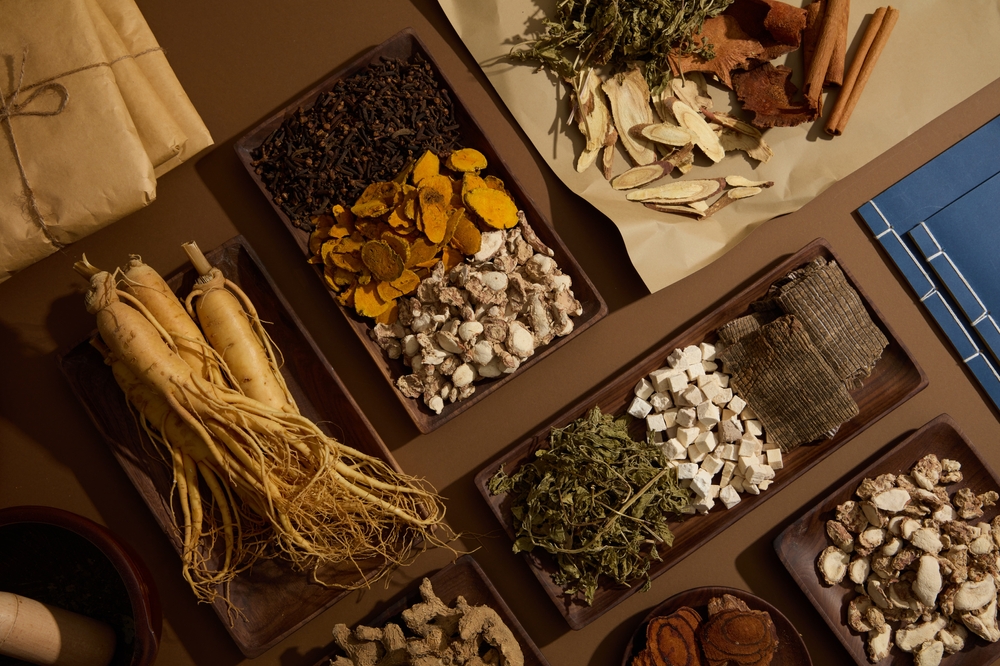The World Health Organization (WHO) has issued its first Global Traditional Medicine Strategy, which aims to incorporate old therapeutic traditions into modern healthcare systems while striking a careful balance between scientific validation and cultural preservation. The decision, finalized at the 78th World Health Assembly, is an important turning point for a field that has long been ignored in conventional medicine, despite the fact that it is used by more than 80% of the world’s population.
The approach aims to balance evidence-based healthcare with traditional, complementary, and integrative medicine (TCIM), including Indigenous healing, acupuncture, and Ayurveda. But there is a lot of strain on the way forward. The framework was supported by countries such as China, India, and Africa, but European delegates cautioned that all medical practices must adhere to the highest standards of science.
“Some member states argued that traditional medicine should be regulated just like any other medicine. Others felt almost the opposite. But we found a compromise.” said Rudi Eggers, WHO’s Director of Integrated Health Services.
However, critics caution that Indigenous knowledge may be eclipsed by Western scientific ideas. A health advocacy network called Medicus Mundi International contended that by giving clinical trials precedence over spiritual and land-based healing traditions, the approach runs the risk of reinforcing colonial thinking.
A core pillar of the strategy is ensuring safety and efficacy—yet funding for research remains a major hurdle. Unlike pharmaceuticals, most traditional remedies lack large-scale clinical trials, and WHO’s budget constraints leave the financial burden on individual nations.
India, a leader in the field, has already invested $85 million in the WHO Global Traditional Medicine Centre to strengthen research. But with only 0.17% of the U.S. National Institutes of Health budget allocated to TCIM studies, experts say progress will be slow.
“Evidence-based validation is costly,” said Ferdinand Breedveld, President of the Federation of European Academies of Medicine. “Demanding full clinical dossiers for every traditional remedy could effectively ban them—and that’s not the goal.”
As traditional medicine gains global traction, concerns over fraudulent claims and corporate exploitation loom large. India’s Patanjali Ayurved for instance, faced a Supreme Court ban over misleading ads claiming its products could cure cancer in weeks.
The EU has called for stricter oversight to prevent conflicts of interest, but critics note that Big Pharma itself operates with similar profit-driven motives. “Transparency is key—whether it’s biomedicine or traditional healing,” said Tido von Schoen-Angerer, a physician advocating for integrative healthcare.
Despite the challenges, the strategy signals growing recognition of TCIM’s role in universal health coverage. WHO’s newly launched TCIM Dashboard will help track global regulations and research, while December’s Global Summit on Traditional Medicine in New Delhi aims to align stakeholders on implementation.
Source: WHO



